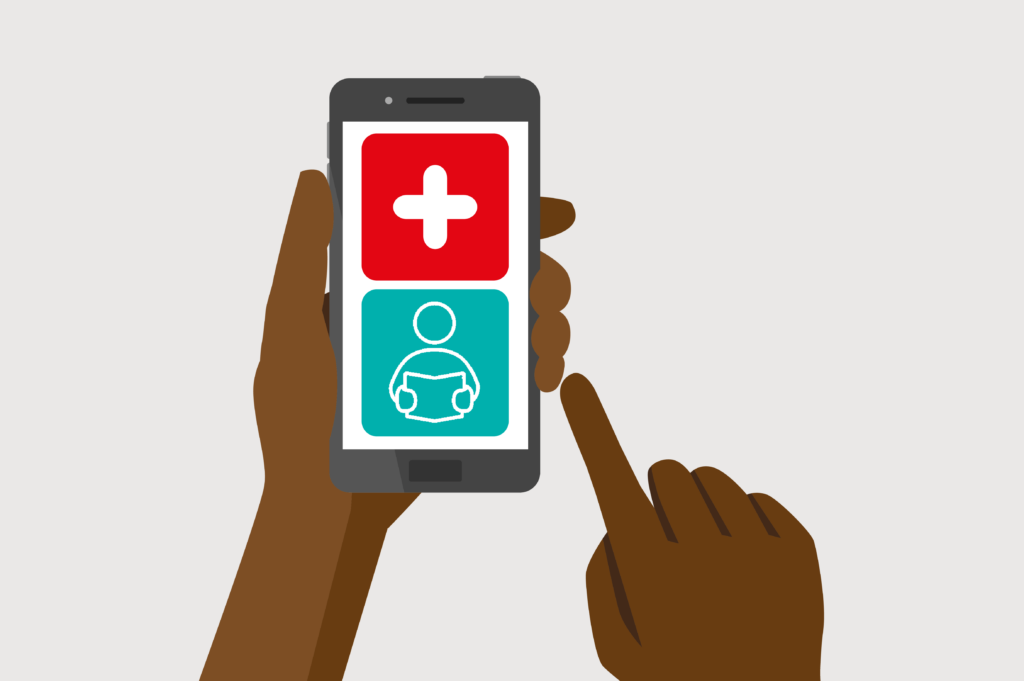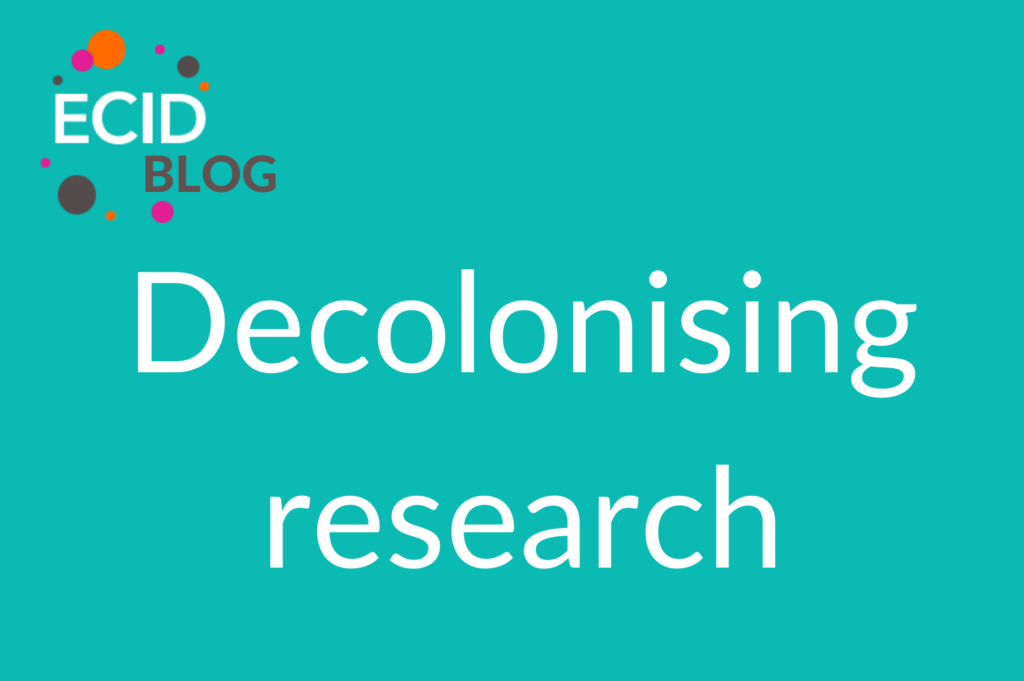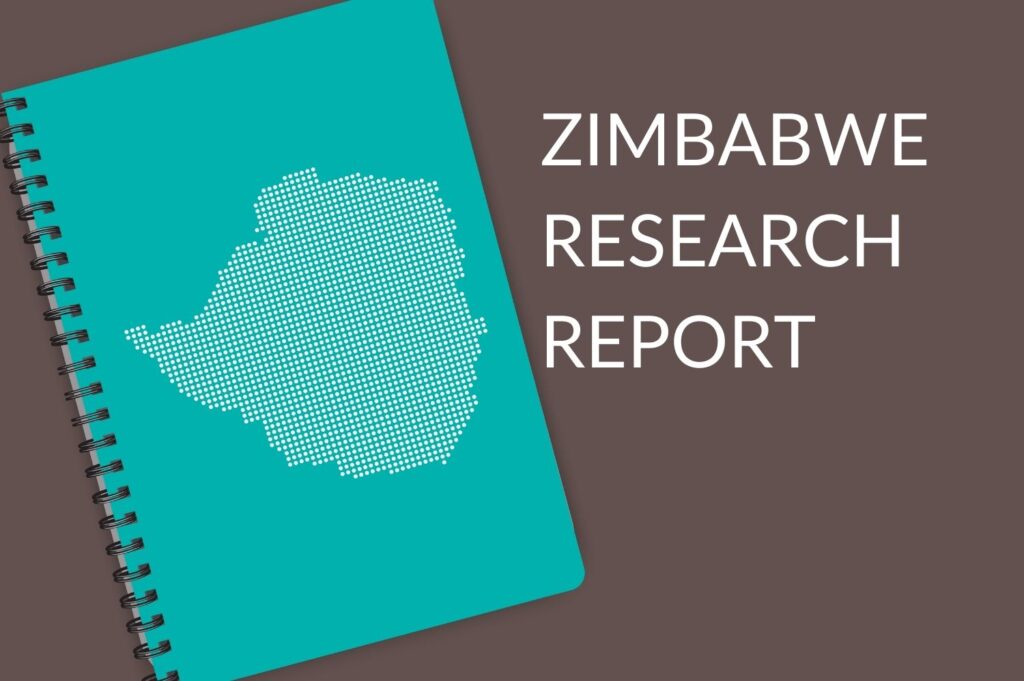Nigeria research report
This research report (60 pages) presents new data on the access to education, health and other public services for discriminated groups in Anambra and Kaduna states, Nigeria.
In this mixed-methods research paper, data on those interviewed concluded that:
EDUCATION
- 30 percent of school age children, especially adolescents, drop out of school. Girls constitute the bulk of the drop out.
- 73 percent of PWDs do not have access to basic education.
HEALTH
- In Anambra State, more than 80 percent of the healthcare centres in the focal communities across the Local Government Areas studied lack essential personnel, basic drugs and medicines and relevant equipment.
- In Kaduna State, women in hard-to-reach communities believed that despite the government policy on free medical care for pregnant women and children under the age of 5, about 80 percent still pay user fees to access healthcare.
AGRICULTURE
- About 87 percent of the poor rural women in hard-to-reach rural locations in Anambra State interviewed did not receive any agricultural inputs or funds from government.
- In Kaduna State, most women need to get permission from their husbands before they engage in farm work.
- Agricultural loans and credits are not extended to PWDs. The PWDs complain of marginalization in the distribution of farm inputs especially the farmers amongst them.
WATER AND SANITATION
- Substantial inadequacy in terms of water provision and the fact that people provide for themselves.
- It is challenging for PWDs because they lack the capacity to struggle in cases where one available water source serves everybody, and the process of fetching is chaotic.
PARTICIPATION IN DECISION-MAKING AND DATA GATHERING
- Opinions on participation by PWDs and rural women are not totally unanimous though it tends more towards non-participation in taking decisions about issues that affect their lives.
- There is a lack of commitment to data gathering about the marginalized groups in Anambra State while Kaduna’s State Government commits effort to data collection on marginalized people done through the Kaduna State Bureau of Statistics. Local Governments are not involved in this data collection.
- While Kaduna tends to carry out research more regularly on the marginalized population than Anambra, there are no signs that this data is used to inform policy making.
This report has been written by Dr Uzochukwu Amakom, Dr Bernard Nwosu and Dr Emeka Iloh from the Institute of Development Studies (IDS).
An executive summary of six pages written by IDS can be found here:



